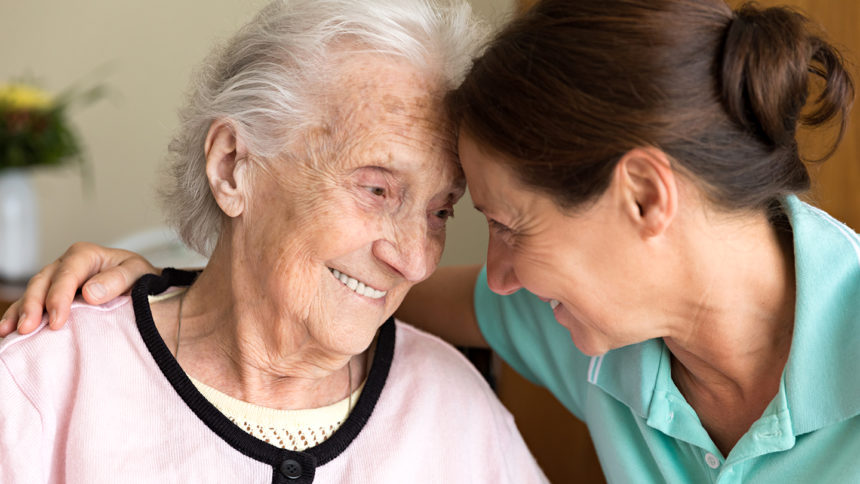
A review of 85 studies regarding the impact of caring for older people in family, or unpaid, caregivers was not conclusive. Even though the researchers assessed a lot of data, they would like to see more research because there’s not enough to fully understand how caregiving affects all aspects of a person’s life. The report published Wednesday in the Journal of Long-Term Care research focused on data from people in the UK.
Overall, the findings were inconsistent. A lot of studies reported on health outcomes for older carers, but many didn’t look at factors such as socioeconomic, disability-related, quality of life, or social impacts of caring. Based on the data, many of the carers are caring for older people, though some studies included details on people who also cared for children.
Outcomes often varied by gender, employment status or the amount of hours spent caring per week. A few studies reported on other relevant characteristics such as race and language, but a lot of demographic information is missing that could help draw more solid conclusions.
Studies on the finances and employment status of older carers was limited, but evidence did show that caring for another person was a risk factor for adverse financial and employment consequences. Caregivers experience negative impacts on long-term financial reserves, too, the report stated. Some newer research the authors reviewed delved into the emotional outcomes of caregiving, but not much. Caregivers have a higher disease prevalence, psychological stress and mental health disorders, social isolation, and lower ability to stay employed, the authors noted.
“Greater intensity of caring was more consistently linked to poorer health outcomes [for caregivers],” the authors noted.
There wasn’t a lot of evidence about the care that recipients received in terms of the support required or the conditions under which care was provided.
“These gaps may be due to the availability of data on carers in cohort studies, but assessing this information and how it changes with time could provide important insights into the varying trajectories of carers,” the authors wrote.




